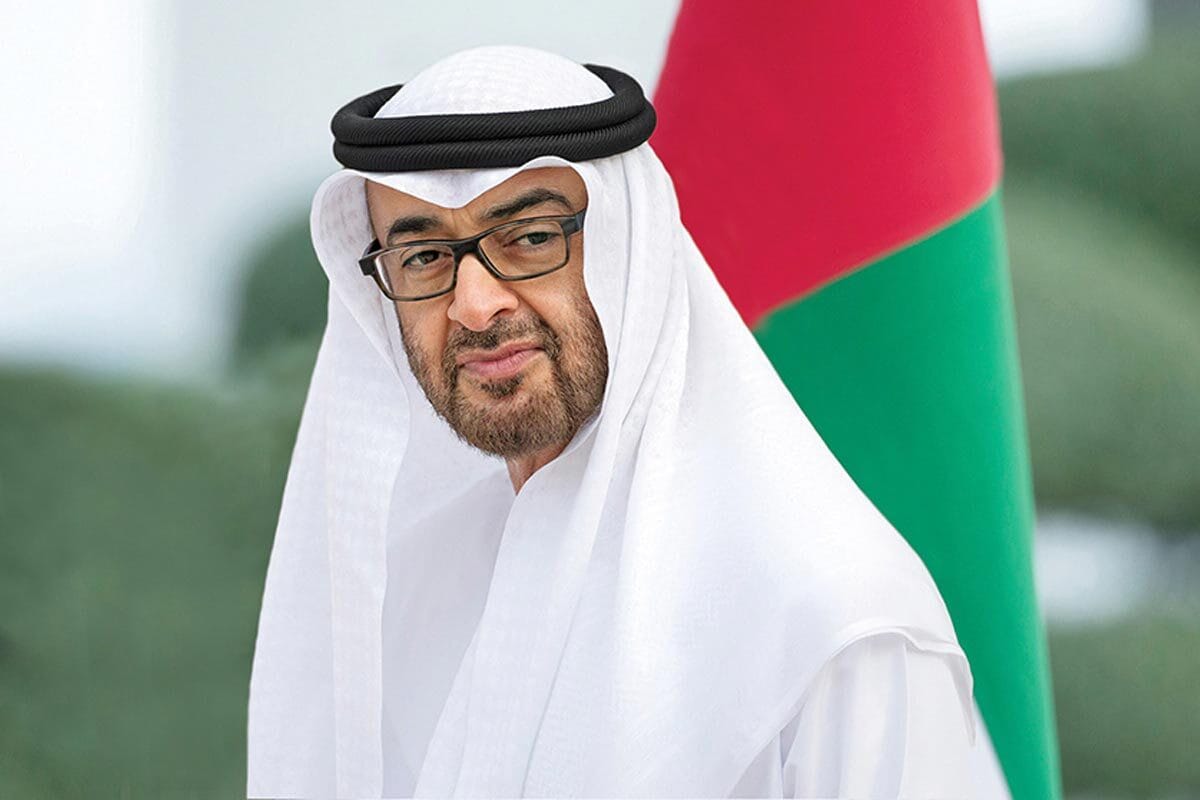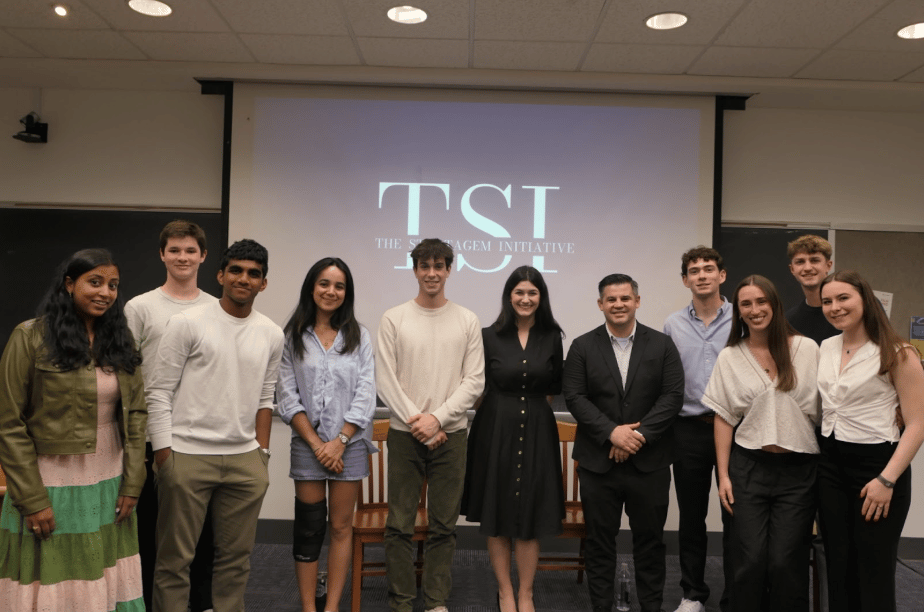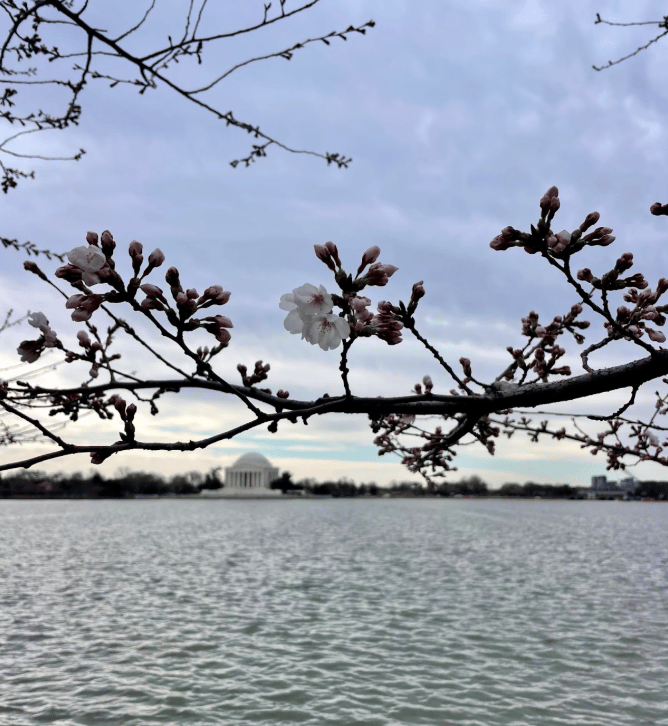- Stratagem
- Posts
- 🌎BBB Weekly Edition #5🌎
🌎BBB Weekly Edition #5🌎
📝The UAE’s Genetic Testing Mandate, A State of Emergency in Peru, and Agreements Countering China's Influence in Southeast Asia and Latin America 📌


Sheikh Mohamed bin Zayed Al Nahyan
🚨What We’re Watching🎥
📍Mandatory Marriage Test: UAE Balancing Science and Ethics
📚Facts: On January 1st, the United Arab Emirates Genome Council established mandatory genetic testing for all Emiratis planning to marry. The policy aims to reduce hereditary diseases and is part of the Emirati Genome Programme, which aims to create a national database to research genetic diseases and facilitate early intervention. Abu Dhabi Crown Prince Sheikh Mohamed bin Zayed Al Nahyan endorsed new screening programs including newborn genetic screenings, enhancing current screenings, personalized fertility programs, and cardiovascular genetic screening. Besides advanced healthcare diagnosis and treatment, the programme also aids in addressing gaps in genetic research that often leave out Middle Eastern populations. So far, more than 2,400 couples were tested with 92 percent found not at risk of 570 genes linked to over 840 genetic disorders.
💭Analysis: The rising research of genomic science questions the balance of medical progress and individual rights. Consanguinity, when a couple shares a blood relative, is common in the country, and screening is already a common practice in the region. The UAE is upholding the sanctity of genomic data outlined by UNESCO's Universal Declaration on the Human Genome and Human Rights (1997), with the Emirati legislature issuing their own Decree-Law No 49 (2023) to regulate the ethical use of genetic confidentiality. As genetic science advances, the growing need for private data poses ethical challenges that could soon shape policies beyond the UAE, while also introducing concerns around reproductive autonomy and influences on marital choices.
📍Peru's Crime Surge Triggers State of Emergency and Political Backlash
📚Facts: Last Monday, Peruvian President Boluarte declared a state of emergency in Lima due to a recent crime surge. Popular cumbia musician Paul Flores’ murder by hitmen sparked public outrage, prompting President Boluarte to deploy troops to the capital to address the wave of killings and extortions. After, due to his failure to mitigate crime, Peru’s Congress censured the country’s Interior Minister Juan Santiváñez. The state of emergency allows the state to waive some civil and constitutional liberties of Peruvians. President Boluarte also suggested extending the use of the death penalty, which would require reform to the Peruvian Constitution.
💭Analysis: Since January, Peru has experienced a sharp rise in killings, extortions, and public acts of violence, making Boluarte an extremely unpopular leader. Increased cocaine production in Peru amplified the presence of criminal organizations across the country, leading to competition over key trade routes and ports, increasing violence. The Peruvian government has demonstrated a limited capacity to effectively restrain gang-related violence. The state of emergency erodes public trust in the government and foments domestic turmoil and instability. This unrest could create more migration towards the United States, which comes amid Trump’s recent crackdown on illegal immigration.
📍Canada and Philippines To Sign Status of Visiting Forces Agreement, Combatting Chinese Influence in South China Sea
📚Facts: On March 7, 2025, Canada and the Philippines concluded negotiations on the Status of Visiting Forces Agreement (SOFVA). The SOFVA increases the military and defense ties between the two countries by promoting joint exercises in each other’s territories. A Philippine official noted the agreement’s signing could occur during the upcoming months at the earliest. The agreement is an extension of the Defense Cooperation memorandum of understanding (MOU), signed on January 19, 2024. The MOU initiated the initial stages of Canada-Philippines military and defense cooperation, increasing training, education, peacekeeping, and wartime operations.
💭Analysis: The Philippines seeks to protect natural gas deposits and fishing territory against Chinese encroachment in the South China Sea. Chinese control of the maritime routes could enable disruptions in shipping for the global economy because the South China Sea is a critical route for international maritime trade. The SOVFA reflects the Philippines' shift toward Canada and other allies for these services amid perceived U.S. unreliability. The SOVFA provides Canada and the Philippines with opportunities to advance military and economic interests in the Indo-Pacific and counter China. China’s consistent pursuit of 9-Dash Line territories in the South China Sea has driven the Philippines to engage with allies on military operations in support of its territorial sovereignty. The Philippines and the U.S. signed a Mutual Defense Treaty in 1951. This effort has enabled cooperation between both parties to increase weapons sales and interoperability to combat rising Chinese influence in the South China Sea.
📍Changing Ownership of Panama Canal Port Threatens Chinese Interests, Heightens China-U.S. Trade War
📚Facts: On March 4th, Hong Kong businessman, Li Ka-Shing, sold the Balboa and Cristóbal ports, located on the Pacific and Atlantic sides of the Panama Canal respectively, to the American investment group BlackRock. The Chinese government has indirectly discouraged this deal since March 13th by amplifying Hong Kong media’s attacks on Li Ka-Shing. Chinese merchants account for 21.4 percent of the cargo shipped along the canal, the second most frequent user to the U.S., which accounts for 74 percent of commerce through the canal. In recent years, China invested in properties surrounding the canal to construct cruise terminals and bridges. The Panama Canal Authority, a government agency, exclusively operates the canal, facilitating the waterway’s significant contributions to global maritime trade.
💭Analysis: The Panama Canal shortcuts transportation costs, and China’s expressed interest in the route functions to influence commerce. The recent port deal expands America’s existing influence in the country. In 1999, Panama signed a treaty with the United States allowing the U.S. to employ military force to preserve the canal’s neutrality. The U.S. growing presence in Panama threatens China’s interest in seapower and investments in Panama and Latin America. Chinese travel and shipments to the Atlantic Ocean would become subject to U.S. jurisdiction due to the sale, increasing existing trade tensions between the two nations. As a result, China worries about the rising costs to its maritime dominance and influence in the global economy.
👀Looking Ahead👀
📍Defiance in Tigray Risks Conflict between Ethiopia and Eritrea
📚Facts: Last week, the dissident Tigray Defense Force (TDF) in northern Ethiopia seized a town in defiance of the region’s ruling party, the Tigray People’s Liberation Front (TPLF). The TPLF controls the Tigray region and fought against the Ethiopian government and Eritrean forces in the 2020-2022 civil war. Eritrea is discontent with its exclusion from the Pretoria Agreement that ended the civil war and still views the TPLF as a threat because of its mission to reclaim certain Eritrean lands. Eritrea restricted Ethiopia’s Red Sea access following Eritrean independence in 1993. Eritrea is expected to back the dissident TDF against the TPLF, potentially drawing Ethiopia in to support of the TPLF and bringing the two nations into direct conflict.
💭Analysis: Foreign Policy analysts fear the “speed and scale of mobilization and deployment on all sides…suggests that conflict is imminent” and may pull in Sudan and Eritrea. Eritrean paramilitaries carried out war crimes in the Ethiopian civil war, contributing to 600,000 deaths and 2.4 million Tigrayans reliant on humanitarian aid, such as food from USAID that has since ceased. Both Sudan and Eritrea share concerns over a united Ethiopia under a single government, and the subsequent expansionist threats it may pose. A renewed battle would heighten suffering in the area, especially in the absence of the U.S. aid that defined the conflict two years ago.

💡The TSI Insider💡
At TSI’s inaugural speaker event last week, TSI members heard from Foreign Policy journalist Alexandra Sharp and U.S. Army War College Fellow Lieutenant Colonel Joshua Wiles to learn about their perspectives on the Russian-Ukrainian War. Our guests discussed operational successes and failures, lessons learned from new technologies, and the future of negotiation to end the conflict.

🚗One For The Road🚗
Happy Spring! This weekend, the cherry trees will reach their peak bloom, which occurs when 70% of the Yoshino Cherry Blossoms open. We encourage our readers to visit the Tidal Basin or Hains Point to witness the 12 cherry blossom variations in Washington D.C..
Not a subscriber? Click here to subscribe!
See You On Thursday For 🌊The Deep Dive!🌊
This week’s newsletter brought to you by the Beyond Borders Brief staff. Connect with us on social media to pose questions, comments, or feedback. Click here to learn more about TSI.
Reply